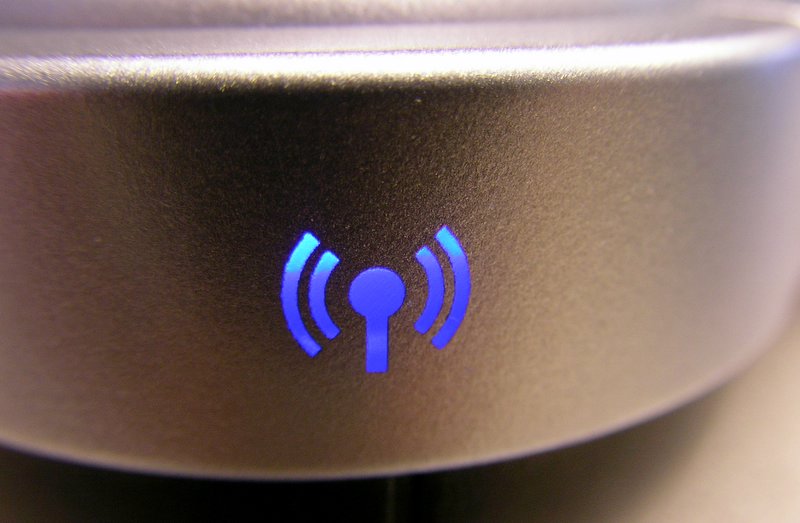
Child Development, a respected journal of Psychology, published a paper in May of this year claiming that WiFi is linked to autism. The paper was written by Cindy Sage and Ernesto Burgio and was published in a section addressing technological risks.
UK national media unfortunately picked up the story, with an article in The Daily Express asking the following question: Could wireless technology be causing MAJOR health problems in your children?
Obviously, this is a ridiculous notion as there has never been any evidence that found developmental health risks linked to technology in this way.
The original review and the subsequent article stated that “wireless mobile phones, laptops and tables could be causing major heath problems in children and contributing to autism and hyperactivity”. It further found that “scientific evidence” suggests a clear causal link between phones, WiFi and other similar emitters of electromagnetic fields (EMFs) and the “harmful health impacts that can be detrimental to young people”. The paper references 59 studies that allegedly link EMF to these issues with child development.
Dorothy Bishop and David Robert Grimes, both from the University of Oxford, found great fault with the study and criticised it extensively. Bishop, a professor of Developmental Psychology, and Grimes, a medical physicist, published a paper in the journal PeerJ stating that Sage and Burgio’s claims are “devoid of merit” and “should [not be] given a veneer of legitimacy.”
Bishop and Grimes’ paper also find that the evidence provided is often not peer-reviewed. One cited study is a 2012 study called the “Bio-Initiative Report”, which has since been discredited. The “Bio-Initiative Report” was carried out by Cindy Sage, the author of the study found in Child Development.
Sage argued that the study had not been debunked, asserting that the report “is an internationally acclaimed scientific and public health report on potential health risks of electromagnetic fields and radiofrequency.”
Grimes disagrees and responded that it is “a piece of work which has been roundly criticised by the scientific community and effectively debunked” by several national and international health bodies.”
Scientific studies and papers that do not have significant evidence to corroborate its findings should have no place within any scientific journal.
The paper is also accused of cherrypicking its findings and also citing information that promotes their point of view as it seems that the paper does not include major studies that would be deemed relevant but opposing the stance Sage and Burgio take. They also judge that neither Sage nor Burgio have extensive academic credentials, asking people to be “especially vigilant” of potential pseudoscience as a result. Andy Lewis, the author of an anti-pseudoscience blog named Quackometer said that “the report is highly selective and unbalanced in its evidence and does not present the prevailing countering view in any meaningful way.”
Many other mainstream scientists do not support the findings of Sage and Burgio. People also found it surprising that Child Development chose to publish such a paper under the guise of scientific fact. The paper has since been reclassified as a “commentary”.
Scientific studies and papers that do not have significant evidence to corroborate its findings should have no place within any scientific journal. Any study or paper that uses debunked or cherrypicked information allows people to stop taking science seriously and solely find the information that benefits their personal worldview. Science is and always will be fact. Giving credence and a public platform to those that don’t deal with facts and is clearly misleading the public does everyone a disservice.
